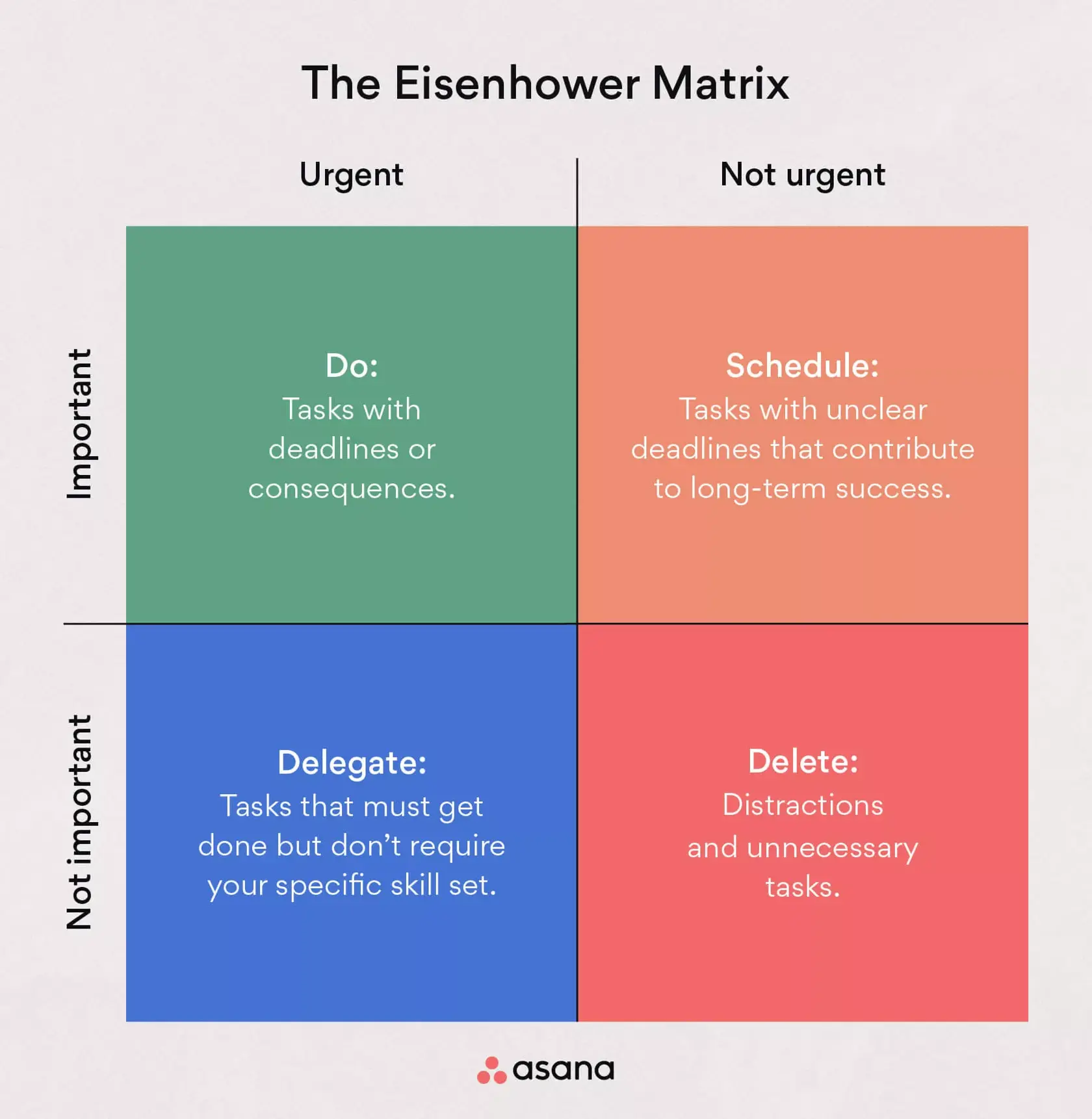Navigating the Overwhelming

A lot of days begin with the best of intentions, a neatly organized to-do list and a surge of motivation. Yet, by mid-morning, the carefully laid plans had crumbled into a chaotic jumble of half-finished tasks and mounting anxieties. You find yourself jumping from one urgent request to another, feeling like a firefighter constantly putting out small blazes, but never making any real progress. It's a sensation I suspect many share – the feeling of being perpetually busy, yet somehow, falling further behind.
The feeling of being overwhelmed often stems from a lack of clarity about what truly matters. We try to address every task that comes our way, leading to a sense of being constantly busy but never truly productive. To break free from this cycle, consider these strategies:
- Your Goals, Your Life:
- Prioritization begins with understanding your objectives. Whether it's a long-term career goal or a short-term project milestone, your goals should serve as your compass. Without a clear destination, it's easy to get lost in the noise of daily tasks.
- Ask yourself: "How does this task contribute to my overall goals?" If the connection is weak or nonexistent, it may be a sign that the task should be deprioritized.
- Figure out the Urgency and Importance:
- Not all tasks are created equal. Some are urgent, demanding immediate attention, while others are important, contributing to long-term success. Learn to distinguish between the two. Look up the Eisenhower Matrix to see how you can use these ideas to prioritize your work
- An urgent task might be responding to an immediate client request, while an important task could be developing a new skill that enhances your career prospects. Prioritize important tasks, even if they're not immediately pressing.
- Don't Spread Yourself Too Thin:
- Trying to tackle too many priorities at once is a recipe for burnout and mediocrity. Instead, focus on one or two key priorities each day.
- This allows you to dedicate your full attention and energy to the most important tasks, ensuring they're completed effectively.
- This is something that I had a lot of trouble with. I want to try to do so many things, but focusing one fewer tasks at once helps really improve the quality of your work. Those other tasks will get their time later.
- Say "No" to Unimportant Tasks:
- Learning to say "no" is a crucial skill for effective prioritization. Don't be afraid to decline tasks that don't align with your goals or priorities.
- Remember, every "yes" to a less important task is a "no" to a more important one.
- Measure Impact:
- When evaluating tasks, focus on their potential impact, not their difficulty or size. A small task that yields significant results is far more valuable than a large, complex task with minimal impact.
- Ask yourself: "What is the potential impact of completing this task?" Focus on tasks that will create the greatest positive change.
- Always Leave Wiggle Room:
- Life is unpredictable. Unexpected events and urgent requests are inevitable. Build flexibility into your schedule to accommodate these surprises.
- This could involve leaving buffer time between tasks or setting aside a dedicated time block for unexpected events.

One common bad habit in time management and productivity is the tendency to think being incredibly busy is actually productive. It's easy to fall into the trap of believing that constant activity and a packed schedule automatically translate to meaningful results. True productivity lies not in busyness itself, but in focusing on the right tasks at the right time. This involves figuring out which tasks are truly important and impactful, and prioritizing them accordingly. It also means recognizing that not all tasks are created equal; some will have a greater impact on your overall goals than others.
Another crucial aspect of effective prioritization that is often overlooked is the dynamic nature of priorities. Priorities are not fixed and constant; they can shift and change over time due to various things like new information, changing circumstances, or evolving goals. Therefore, try to re-evaluate your priorities regularly to ensure they remain aligned with your current goals and values. This involves periodically reviewing your task list, assessing the importance and urgency of each item, and adjusting your priorities accordingly. By remaining flexible and adaptable in your prioritization, you can ensure that you're always focusing on the most relevant and impactful tasks.
Questions for Reflection:
- What are your top three goals, and how do your daily tasks align with them?
- What tasks are you currently doing that have minimal impact?
- How can you create more wiggle room in your daily schedule?
Identify your top two priorities for tomorrow. Then, create a plan to tackle them, incorporating the strategies mentioned above. Share your insights and experiences in the comments below!


![[Book Summary] Atomic Habits: Building Habits That Stick](/content/images/size/w750/2025/03/atomic-habits-dots.png)


Comments ()